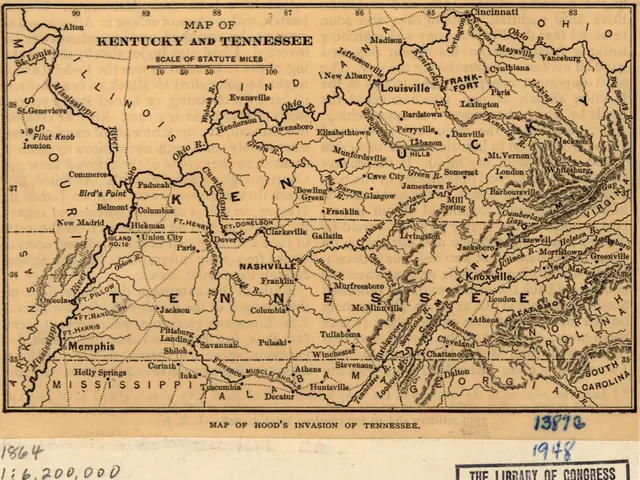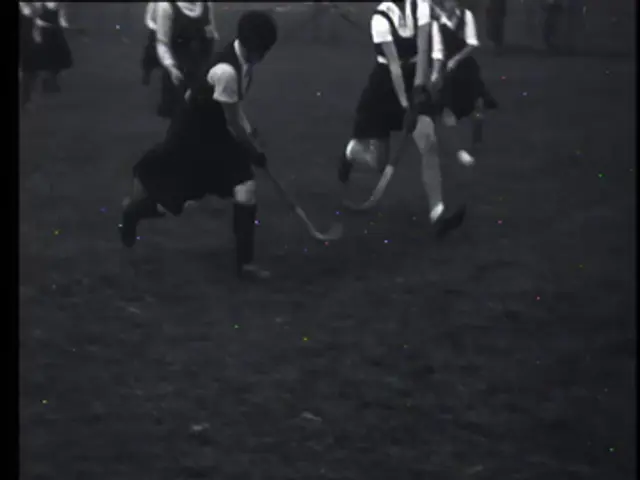Indigenous Communities File Lawsuit Against Kalshi, Accusing Them of Unlawful Sports Betting Operations on Native Lands
Tribal Governments Challenge Sports Prediction Market Platform Kalshi
In a series of federal lawsuits, multiple Native American tribes have accused Kalshi, a prediction market platform, and its partner Robinhood of operating illegal sports betting on tribal lands. The tribes argue that Kalshi's sports event contracts, despite being described as financial derivatives, function as unregulated sports betting and infringe on their rights to control gaming activities.
The Ho-Chunk Nation, along with several California tribes, have filed lawsuits against Kalshi and Robinhood. The Ho-Chunk Nation asserts that Kalshi's sports contracts violate the Indian Gaming Regulatory Act (IGRA) by offering unregulated sports gambling on tribal lands. Similarly, California tribes allege that Kalshi's sports contracts fall under Class III gaming, which they have exclusive rights to regulate.
The lawsuits emphasize that Kalshi’s contracts, while regulated under the Commodity Exchange Act (CEA) and overseen by the Commodities Futures Trading Commission (CFTC), in substance operate as unregulated sports betting markets. These markets, according to the tribes, are prohibited unless compliant with tribal/state compacts and IGRA provisions.
Kalshi maintains that their contracts are legal derivatives and not traditional betting, but this position has faced significant legal challenges from tribes and state regulators. Courts have so far allowed Kalshi to continue operations, but the legal disputes are ongoing.
The tribes claim that Kalshi and Robinhood are engaging in racketeering by consciously disregarding or actively circumventing regulatory concerns. They accuse the companies of not complying with IGRA and not being "federally recognized Indian tribes conducting class III gaming activity" under IGRA.
Kalshi argues that its prediction markets for sports aren't sports betting since there are no odds being set. The company views itself as a facilitator of transactions and holds funds until the event that produces the outcome occurs. However, states insist this framework is sufficiently akin to betting and thus should be governed by applicable betting laws.
The case, Blue Lake Rancheria et al. v. Kalshi et al., is significant as Kalshi's ability to offer a sports product may depend on the outcome of federal litigation. The tribes assert that Kalshi is undermining their sovereignty and violating their gaming ordinances. If successful, the lawsuits could set a precedent for regulating prediction market platforms in the context of sports betting.
The Ho-Chunk Nation and several California tribes believe that Kalshi's prediction markets for sports infringe on their rights to control gaming activities, as stipulated by the Indian Gaming Regulatory Act (IGRA). The tribes accuse Kalshi and Robinhood of engaging in racketeering by disregarding or circumventing regulatory concerns.
The ongoing legal disputes revolve around the claim that although Kalshi's contracts are regulated under the Commodity Exchange Act (CEA), they function as unregulated sports betting markets on tribal lands. If the tribes win their lawsuits, they could set a precedent for regulating prediction market platforms in the context of sports betting.
General news outlets report on the legal battles between Kalshi, Robinhood, and various Native American tribes, with the sports prediction market platform contending that its contracts are legal financial derivatives, not traditional betting. However, states argue that the platform's transactions are sufficiently akin to sports betting and should be governed by applicable betting laws.
The situations of sports betting, casino-games, and casino-and-gambling establishments become relevant in the context of the lawsuits, as the interpretation of Kalshi's contracts could have broader implications for the industry. Crime-and-justice news may cover developments in the case, particularly discussions about racketeering and the responsibility of platforms like Kalshi to comply with IGRA provisions.
Real estate analysts may also follow the case, as the outcome could impact the growth of Kalshi's business, and in turn, the value of properties associated with sports betting and prediction market platforms. The sports world keeps an eye on the situation, acknowledging potential ramifications for sports betting and the future of similar ventures.








